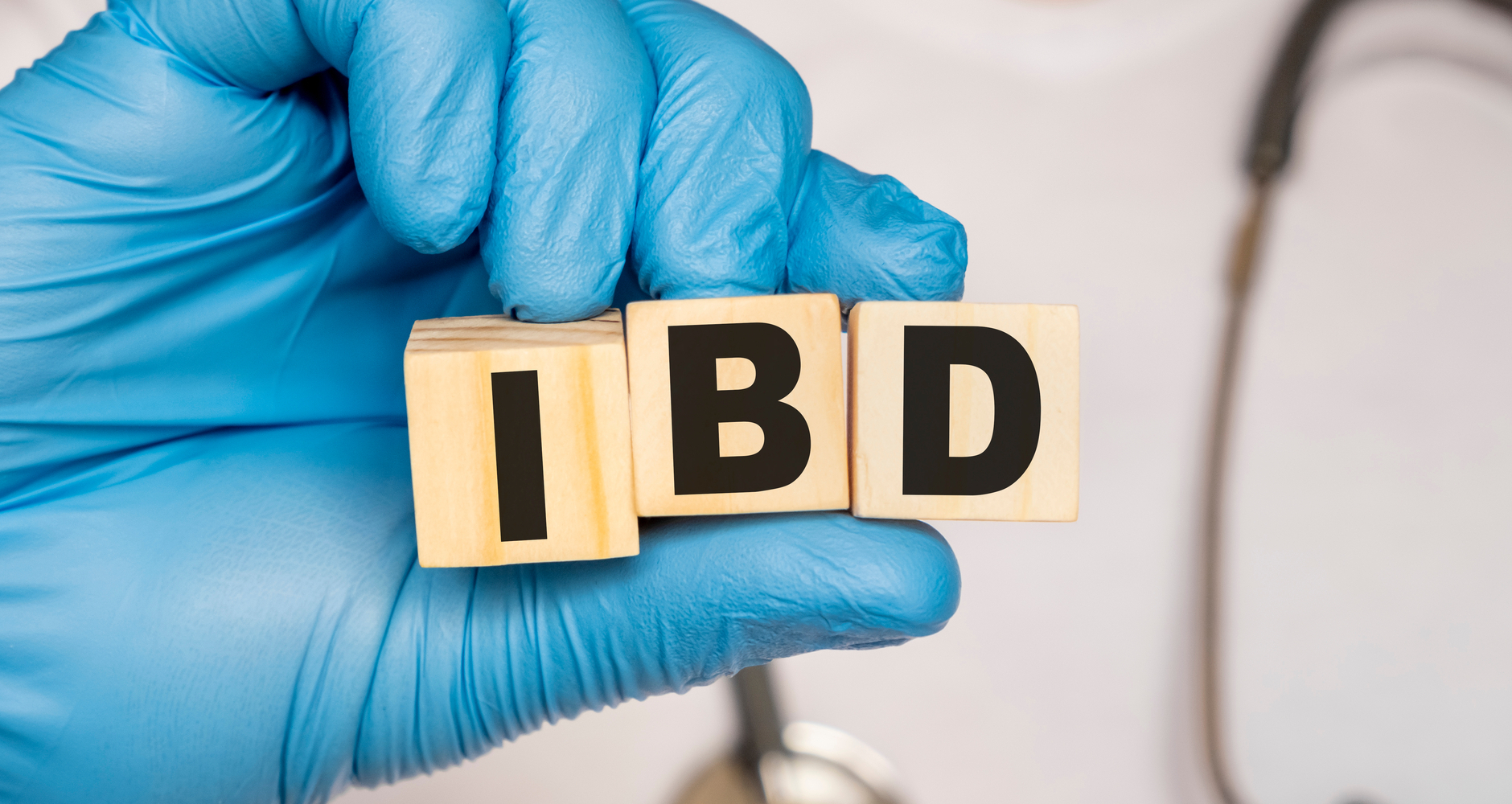
6 Eating Tips to Soothe IBD Symptoms
Living with inflammatory bowel disease (IBD), which includes conditions like colitis and Crohn’s disease, can present unique challenges. Individuals managing IBD often grapple with symptoms like abdominal pain, diarrhea, and inflammation. Incorporating dietary strategies becomes crucial to alleviate discomfort and support overall well-being. In this listicle, we explore six eating tips tailored to soothe IBD symptoms. Whether you’re dealing with colitis, Crohn’s disease, or other forms of IBD, these recommendations can complement medical treatments like Entyvio, Stelara, Infliximab, and Ustekinumab, providing a holistic approach to managing IBD.
1. Embrace a low-FODMAP diet
A Low-FODMAP (fermentable oligosaccharides, disaccharides, monosaccharides, and polyols) diet involves minimizing specific types of carbohydrates that can trigger digestive symptoms. This approach can be particularly beneficial for individuals with IBD, including those with colitis or Crohn’s disease. By reducing intake of certain fermentable foods, such as onions, garlic, and certain fruits, individuals may experience relief from symptoms like bloating and gas.
2. Prioritize lean proteins
Including lean proteins in your diet can be advantageous for managing IBD symptoms. Opt for sources like poultry, fish, tofu, and eggs, which provide essential nutrients without contributing to excessive fat content. These protein sources are often easier on the digestive system, promoting optimal nutrient absorption while minimizing the risk of aggravating inflammation.
3. Incorporate omega-3 fatty acids
Omega-3 fatty acids, found in fatty fish like salmon, chia seeds, and walnuts, possess anti-inflammatory properties that can benefit individuals with IBD. Including these foods in your diet may help mitigate inflammation in the digestive tract, potentially alleviating symptoms associated with colitis and Crohn’s disease.
4. Choose cooked vegetables
While raw vegetables can be challenging for some individuals with IBD, cooked vegetables are often gentler on the digestive system. Steam, roast, or sauté vegetables to enhance their digestibility. Opt for well-cooked options like carrots, zucchini, and spinach, ensuring they are soft and easy to chew to reduce the risk of irritation.
5. Stay hydrated and monitor fiber intake
Hydration is key for individuals managing IBD, as it helps maintain bowel regularity and prevent dehydration. While fiber is generally beneficial for digestive health, those with IBD may need to monitor their fiber intake, especially during flare-ups. Soluble fiber from sources like oats and bananas can be gentler on the digestive system compared to insoluble fiber found in certain grains and vegetables.
6. Consider small, frequent meals
Instead of consuming large meals, opt for smaller, more frequent meals throughout the day. This eating pattern can help manage IBD symptoms by reducing the strain on the digestive system. It also ensures a steady intake of nutrients without overwhelming the gut, contributing to improved symptom management.



